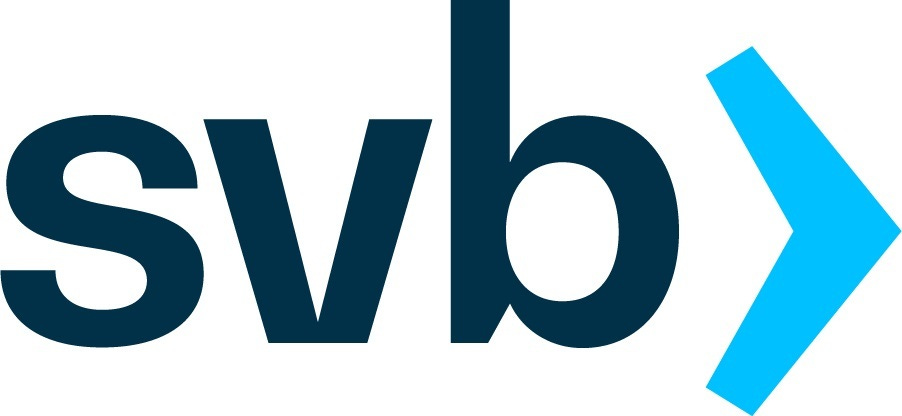One of, or perhaps even the most prominent bank used by startups was overrun by withdrawals, had their stock price plummet before trading was halted, and was seized by regulators in California and the FDIC.
Silicon Valley Bank, the nation’s 16th-largest bank, failed after depositors hurried to withdraw money this week amid anxiety over the bank’s health. It was the second biggest bank failure in U.S. history after the collapse of Washington Mutual in 2008.
Of course, I’m speaking about Silicon Valley Bank. If you’re reading this, you’re likely aware of what happened with the bank today, but if not I’ll give a brief summary. The bank, like many, takes funds on deposit from its customers and then uses a variety of mechanisms to make money from that money - investing it while not being used by its customers. Loans, mortgages, stock market, bonds, and the like. Around $21 billion was invested in the bond market, which is normally a very safe investment as bonds don't pay out high returns but are considered by and large to be very safe. However, due to the economy, the rate of inflation outpaced the rate of return from the interest on the bonds, resulting in that $21 billion of bond investments to actually lose around $2 billion dollars.
The bank, realizing that societal economic concerns have lead to many startups (its primary customers) to withdraw funds in larger than normal amounts, it took what it thought to be prudent actions in freeing up the money it invested in bonds by selling the bonds and, thus, realizing the $2 billion in losses that it otherwise probably wouldn’t have had if it could have left the money there for a few more year until the economy recovered. To offset these losses, it planned and announced a $2 billion capital raise. Unfortunately, this sent the startup community into a downward spiral with many believing that the bank was on the verge of collapse and was overextended.
Founders, on their own and at the advice of their investors, began withdrawing most or all of the money they had on deposit. This lead to the calamitous series of unfortunate events mentioned above to occur. The stock price dropped, and plummeted in after hours trading before being halted this morning. It sought a buyer for the bank to keep business operational, but before anything could be arranged it was taken over.
I shared an update earlier today via TikTok if you want another summary of things…
What does this mean if you have/had money in SVB?
If you had money in SVB and withdrew it all, you really don’t have anything to worry about on that end. If you currently have money in SVB, the FDIC has assured customers that no later than Monday, $250,000 will be available for immediate withdrawal. The remainder that a customer has on deposit will be issued a sort of promise to repay a portion of those funds within a week or so, on a prorated basis out of fairness to all customers. The remainder funds, if any, will be issued a certificate with the hope that some, most, or possibly all will be paid out at some point in the near future assuming a suitable buyer absorbs the assets and liabilities of the bank and takes it over.
What does this mean if you were not a customer of SVB?
You may still be affected due to the effects this will have on the startup community as a whole. A great many startups, big and small, kept all or a very substantial amount of funds on deposit with SVB. As a result, companies that you do business with or that you rely on to perform the services that your business performs may encounter trouble or slowdowns over the next few weeks. With this sudden massive loss of access to capital, it could cause layoffs, minimizing services offered, or other similar attempts at slowing burn or limiting expenses. This industry wide problem could therefore make operating your business more challenging as it becomes more and more difficult to rely on the other companies rely upon to run your business on a day to day basis.
Hopefully, this will be limited and funds will be made available sooner rather than later. The FDIC clearly understands the importance SVB played in the startup community and, therefore, the entire U.S. economy as a whole. My hope is they will prioritize resolving this issue quickly and in a way that makes as many companies as close to whole as possible.
Pots and Pans…
Don’t forget to file your Delaware franchise taxes and pay registered agent fees. Corporate franchise taxes are past due and LLC taxes are coming due in a couple of months.







Thanks for the write up. A tidal wave for sure throughout the community.